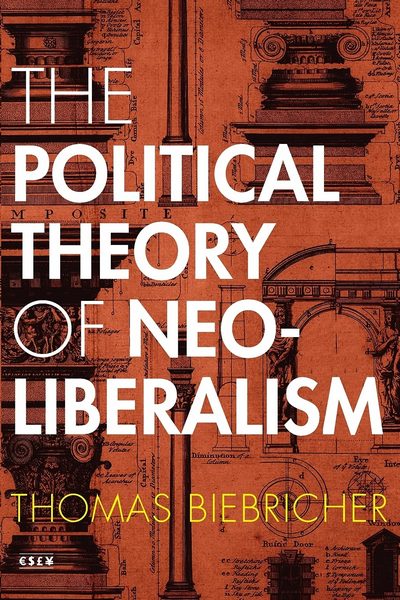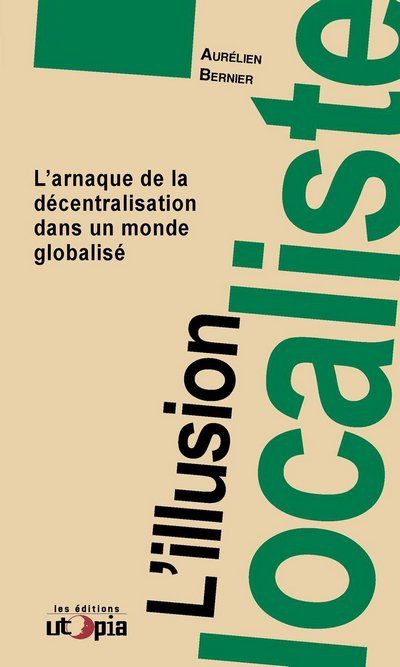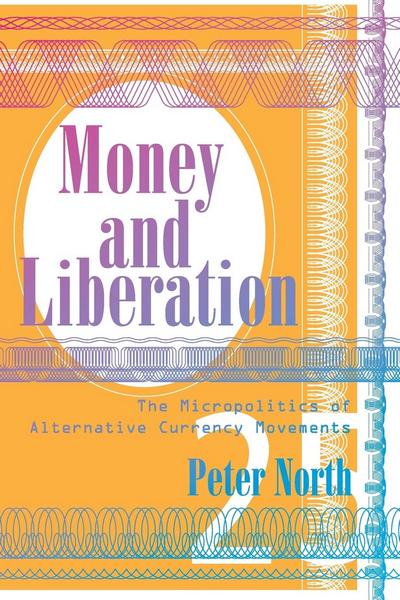[Do check out our extensive bibliographies for more readings.]
The merits of decentralisation are taken for granted. Who prefers centralised and hierarchical structures to decentralised and flat ones? The matter, however, is more complex than it seems.
First of all, scholars of urban governance have long been pointing out the ways in which the rhetoric of decentralisation and horisontalism got co-opted by neoliberal agendas. Some of these discussions focused on the mechanisms of "responsabilisation" through which local communities were supposedly empowered while absorbing new risks and costs. This paper is particularly good at documenting how even the institutional form of the co-operative has been tamed and co-opted to push for the neoliberal agenda.
Likewise, neoliberal and ordoliberal writers, over the past eighty years, have been keen to promote (competitive) federalism, subsidiarity, and "multi-level governance." Thomas Bierbricher's book on the political theory of neoliberalism does reveal many of these elements in neoliberal thought.

There's much excitement about the commons-related work of Elinor Ostrom among many blockchain advocates; her name often pops up in the titles of important papers. Yet, the recent reception ofo her work - and also of her husband Vincent's - has been largely uncritical.
Even the fact that the former president of Mont Pelerin Society celebrates their work under the label of "the Bloomington School" doesn't produce much suspicion. There's some recent work that points to the origins of Ostroms' anti-statist and anti-expert thinking and explicitly links it to the rise of neoliberal thought. Read through the history of neoliberalism, the Ostroms' celebration of "polycentric governance" appears far more sinister than its proponents suggest.
There's a lot of literature on the limits of localism in confronting global challenges. A recent book in French - The Localist Illusion: The Swindle of Decentralisation in a Global World - gets the accents right.

This it not to say that there's nothing to learn from cooperatives or movements for alternative and complementary currencies. Peter North's work remains extremely interesting; his recent writings about antagonistic economies even more so.

One can even celebrate "ecology of money," with its vivid imagery of Local Exchange Trading Schemes as "alternative trading spaces," while remaining realistic about their political shortcomings and blindspots.
